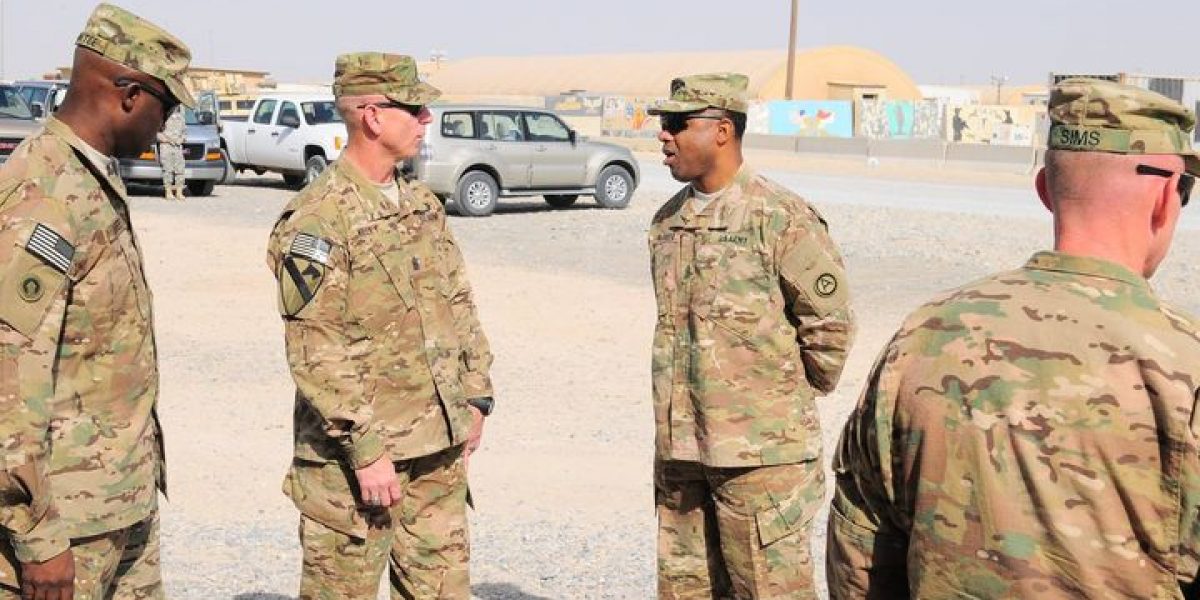Acknowledgements:
The entire group collectively worked on the writing of each section. Together, we all made an outline for the prompt, providing quotes and thoughts under each section. From there, we divided up who would mostly focus on what section based on the amount of substance provided under each section.
Stephanie worked on the “Current Issues” and “Policy Recommendations” with Sarah. Stephanie focused on researching the relevant issues in terms of Iran and U.S relations. Here, she focused on using her research to connect these present day issues to arguments made by Schelling and Hammes. Additionally, she researched the NPT, providing a policy recommendation that would expand on the NPT and create a new treaty to hold states accountable.
Julia worked on the “Expert Opinions” and “Historical Analysis” sections with Jack. She focused on researching Hammes, Nagl and Griffith and wrote up those sections including Lieber, Kier, and Press. She also researched and wrote the Vietnam War section. Additionally, she found and wrote blurbs for some of the images.
Jack worked on the “Expert Opinions” and “Historical Analysis” sections with Julia. Jack also focused on the “Counter-Arguments” section. He researched Cohn, Nagl, Schelling, World War II, Nuclear Deterrence, and what we left out.
Sarah worked on the “Current Issues” and “Policy Recommendations” sections with Stephanie. Sarah focused on researching current issues in terms of cyberwarfare. She also focused on researching the Responsibility to Protect doctrine, to provide policy recommendations to help clear up possible grey areas that surround the doctrine. Sarah also worked with Jack on the “Counter-Argument” section. She focused on researching the problems the U.S. ran into fighting with Fourth Generation Warfare techniques in the Vietnam War.
All members of the group helped peer edit each section, create and edit citations, as well as helped design the format of the website.
Works Cited:
Bunn, George. “Arms Control Today.” The Nuclear Nonproliferation Treaty: History and Current Problems | Arms Control Association. Accessed December 20, 2020. https://www.armscontrol.org/act/2003_12/Bunn.
Doffman, Zak. “Russian Secret Weapon Against U.S. 2020 Election Revealed In New Cyberwarfare Report.” Forbes. Forbes Magazine, September 25, 2019. https://www.forbes.com/sites/zakdoffman/2019/09/24/new-cyberwarfare-report-unveils-russias-secret-weapon-against-us-2020-election/?sh=bd7c6d468f5e.
Elias, Barbara. “Four Generations of Warfare.” International Security. November 11, 2020. Lecture.
Elias, Barbara. “Humanitarian Intervention & R2P.” International Security. November 11, 2020. Lecture.
Elias, Barbara. “Insurgents.” International Security. November 4, 2020. Lecture.
Elias, Barbara. “Mutually Assured Destruction & Nuclear Deterrence.” International Security. September 16, 2020. Lecture.
Elias, Barbara. “Nuclear Proliferation.” International Security. October 15, 2020. Lecture.
Elias, Barbara. “Wars Without End.” International Security. November 5, 2020. Lecture.
Griffith, Samuel B. “Strategy, Tactics and Logistics in Revolutionary War.” Mao Tse-Tung on Guerilla Warfare, Praeger, 1961, pp. 20-26.
Hammes, Thomas X. The Sling and the Stone: on War in the 21st Century, Zenith Press, 2006, pp. 1–75.
Lederer, Edith M. “UN Urges Iran to Address Nuclear, Ballistic Missile Concerns.” ABC News. ABC News Network. Accessed December 20, 2020. https://abcnews.go.com/US/wireStory/urges-iran-address-nuclear-ballistic-missile-concerns-74616878.
Lieber, Kier A. and Daryl G. Press, “The New Era of Counterforce: Technological Change and the Future of Nuclear Deterrence,” International Security vol. 41, no. 4. Spring 2017, pp. 9-49.
Nagl, John. Let’s Win the Wars We’re In. Joint Force Quarterly no. 52. January 2009, pp. 20-26.
Paris, Roland. “The ‘Responsibility to Protect’ and the Structural Problems of Preventive Humanitarian Intervention,” International Peacekeeping, 201, pp. 569–603.
“President Donald J. Trump Is Ending United States Participation in an Unacceptable Iran Deal.” The White House. The United States Government. Accessed December 20, 2020. https://www.whitehouse.gov/briefings-statements/president-donald-j-trump-ending-united-states-participation-unacceptable-iran-deal/.
Sabet, Farzan. “Analysis | How the Assassination of an Iranian Scientist Could Affect Nuclear Negotiations with Iran.” The Washington Post. WP Company, December 11, 2020. https://www.washingtonpost.com/politics/2020/12/11/how-assassination-an-iranian-scientist-could-affect-nuclear-negotiations-with-iran/.
Schelling, Thomas C. Arms and Influence. Yale University Press, 1966. JSTOR, www.jstor.org/stable/j.ctt5vm52s. Accessed 20 Dec. 2020.
Singer, W.P. and Allen Friedman. Cybersecurity and Cyberwar: What Everyone Needs to Know, Oxford University Press, 2014, pp. 12–30, 67– 76, 96–106, 114–121, 133–156.
Strobel, Warren P. “Computer Hack Blamed on Russia Tests Limits of U.S. Response.” The Wall Street Journal. Dow Jones & Company, December 18, 2020. https://www.wsj.com/articles/massive-hack-blamed-on-russia-tests-limits-of-u-s-response-11608309198.
“The Iranian Nuclear Threat: Why It Matters.” Anti-Defamation League, n.d. https://www.adl.org/resources/fact-sheets/the-iranian-nuclear-threat-why-it-matters.
Walzer, Michael. “The Triumph of Just War Theory (and the Dangers of Success),” Social Research vol.69, no.4. Winter 2002.
“2016 Vs. 2020: The Evolution of Russian Meddling in U.S. Elections.” The Wall Street Journal. Dow Jones & Company. Accessed December 20, 2020. https://www.wsj.com/video/2016-vs-2020-the-evolution-of-russian-meddling-in-us-elections/355A505D-AC0F-4D24-877A-100B2F122F6E.html.

